Should I add Calgon to my washing machine?
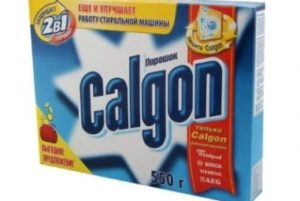 A reliable washing machine costs a lot of money, and happy owners of Samsung, Kandy or Bosch tend to go longer without accidents. Therefore, the attention of many is drawn to a special product called Calgon. This is what is constantly advertised on TV, promising water softening and an active fight against scale. But now the need to use this mixture is being questioned. Let's try to figure out whether Calgon is needed in the washing machine and whether it is worth the money requested.
A reliable washing machine costs a lot of money, and happy owners of Samsung, Kandy or Bosch tend to go longer without accidents. Therefore, the attention of many is drawn to a special product called Calgon. This is what is constantly advertised on TV, promising water softening and an active fight against scale. But now the need to use this mixture is being questioned. Let's try to figure out whether Calgon is needed in the washing machine and whether it is worth the money requested.
Will the heating element break if you don’t use Calgon?
The advertisement is scary that without Calgon the heating element will become covered with a destructive layer of scale in a matter of days, the machine will break down and the owner will sadly shake his head. The picture shown is so plausible and frightening that a persistent myth has been created around the product, which has grown into the regular addition of the mixture every time you wash it. The company collects a lot of money, while experts confidently declare that this is a banal delusion.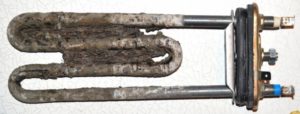
Firstly, Kalgon will not provide guarantees for the long-term operation of the machine. It’s just as impossible to predict which tire will puncture faster – a dirty one or a clean one. The accumulated layer is not directly related to the functioning of the heater, so you should not rely on one magic solution. The condition of the heating element is more strongly influenced by proper operation, initial quality, uninterrupted power supply, and scale ranks last in the list of causes and effects. You also need to understand that with hard tap water, scale still settles, albeit at a slower pace. It is much safer to take care of the filters right away, however, they are expensive, like Calgon.
Secondly, there are more reliable and effective ways to deal with scale. For example, annual cleaning with a special product or replacing the heating element with a new one every five years. It will be 2-3 times cheaper than wasting money on packages of Calgon.
To prevent scale, it is enough to “run” the machine once every six months with an empty cycle with the addition of a special cleaner.
You need to take care of the washing machine heater, but Calgon is not a panacea for all heating element problems. The need to add Calgon to the washing machine will be very expensive and will not protect the machine from the effects of scale. It is more economical to save money not spent on the product and, if it breaks down, immediately buy a new washing machine.
Does Calgon soften water?
The main purpose of Calgon is to soften water, but even here a logical question arises: “does the product help fight water hardness?” The answer can be seen in the composition. Here only regular soda and mediocre washing powder are listed. Indeed, the first ingredient is capable of softening, and the second is able to complete what was started with comprehensive surface cleaning. But this does not explain the high cost of the advertised product, because the market price of baking soda is several times lower.
Calgon contains cheap baking soda.
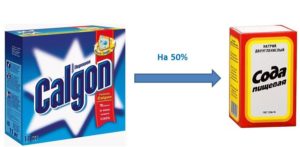 Despite the meager composition and the lack of the declared effect, many continue to trust Calgon, arguing that they still need to add something, otherwise the machine will not last long. This is misleading for many reasons.
Despite the meager composition and the lack of the declared effect, many continue to trust Calgon, arguing that they still need to add something, otherwise the machine will not last long. This is misleading for many reasons.
- Almost all modern powder mixtures contain special chemical water modifiers, and some also contain special softeners.
- Really hard water that threatens scale is rare.
- Adding Calgon every time you start the machine is very unprofitable. Over the entire period of operation, a decent amount will accumulate, which will be enough for a second machine.
- You can fight scale cheaper by using soda or citric acid.
Manufacturers of detergents do not stand still, but are actively working on a disposable product that can wash, clean, and soften water. Then using the machine will become much more convenient.
Interesting:
1 reader comment

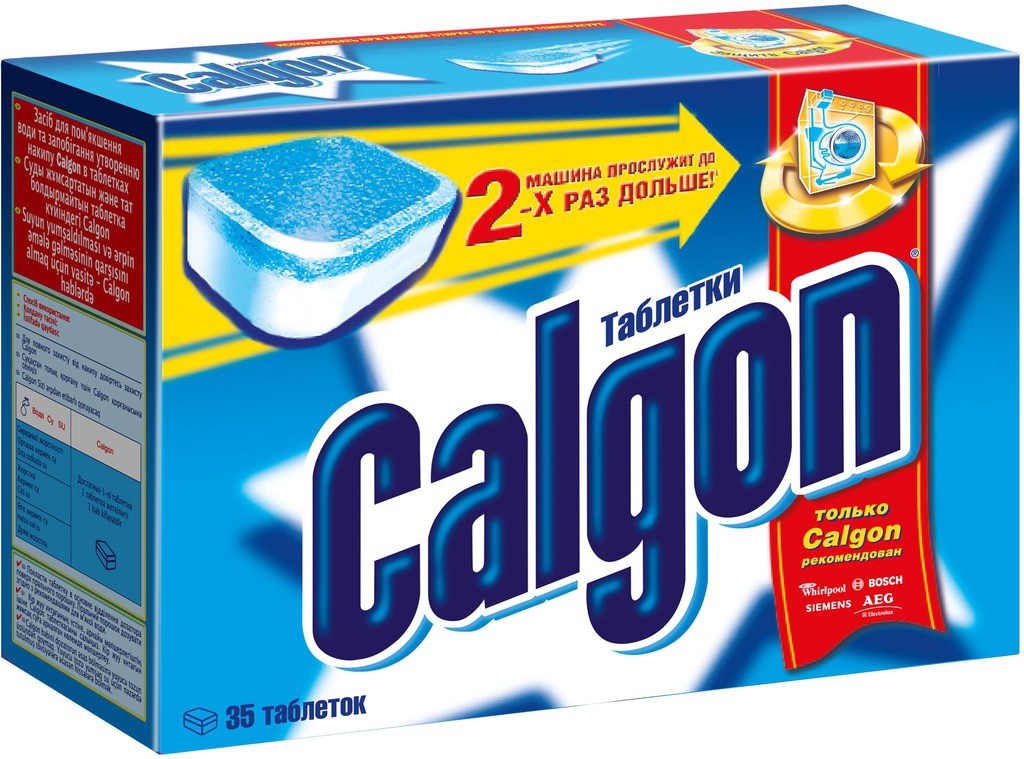
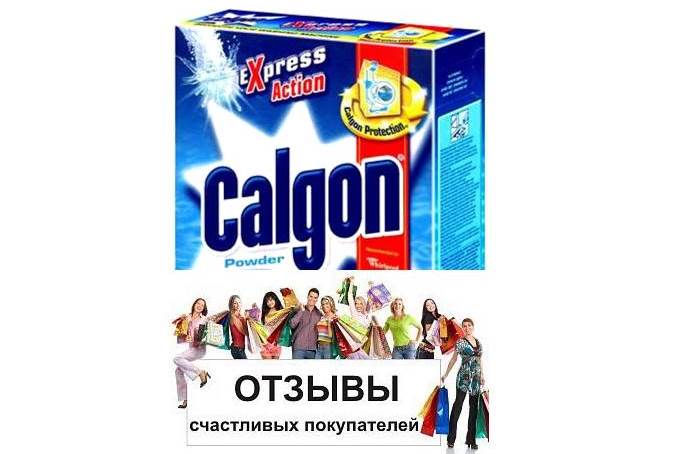
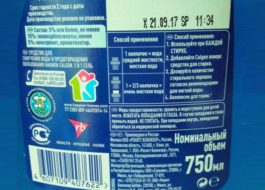
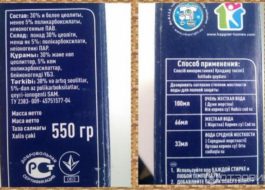

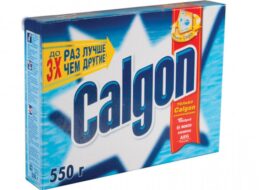


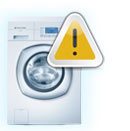
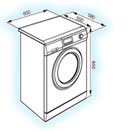


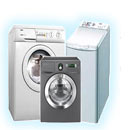




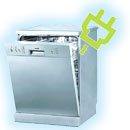


Calgon is useless.